Calendar of events, awards and opportunities
Every week, we update this list with new meetings, awards, scholarships and events to help you advance your career. If you’d like us to feature something that you’re offering to the bioscience community, email us with the subject line “For calendar.” ASBMB members’ offerings take priority, and we do not promote products/services. Learn how to advertise in ASBMB Today.
Feb 28: AWIS award application deadline
The American Association for Women in Science has several award categories relevant to people in biochemistry and molecular biology, and the deadline for applications is Feb. 28. The AWIS Distinguished Doctoral Research Award, which recognizes important dissertations, is $10,000. Three winners will be selected. The AWIS Opportunity Scholarships for Career Re-entry are for people who've been out of the workforce for more than two years. Eight winners will get $2,500 apiece. The Schechtman scholarship is $2,000 for undergraduate women. Learn more.
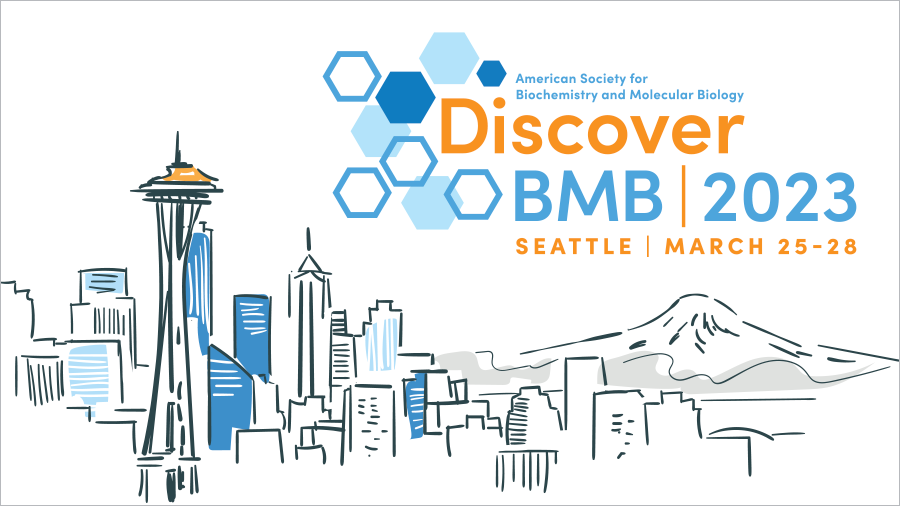
ASAP: Secure your hotel room for #DiscoverBMB
If you are going to #DiscoverBMB, the annual meeting of the American Society for Biochemistry and Molecular Biology. it is time to book your lodging. There's a block of discounted rooms available, but they're likely to fill up before everyone has booked. The Sheraton Grand Seattle is the official headquarters hotel, and The Paramount Hotel and the Hotel Theodore will be available for additional housing. All three hotels are within walking distance of the Seattle Convention Center and offer attendees exceptional room rates when booked through the official housing service. Secure your room.
March 1: ASBMB Student Chapter Outreach Grant application deadline
The ASBMB Student Chapter Outreach Grant helps Student Chapters increase their involvement in science outreach activities. Funding is available for individual chapters to apply for up to $500 in support of outreach activities in their local communities. Successful applicants also will receive exclusive access to outreach expertise and resources from the Science Outreach and Communication Committee and be featured in ASBMB publications and on the ASBMB website. Learn more.
March 1: ASBMB Undergraduate Research Award deadline
This $1,000 award supports undergraduate student chapter members’ summer research projects in the lab of an ASBMB member. Award money may be used for reagents and supplies for the project. Learn more.
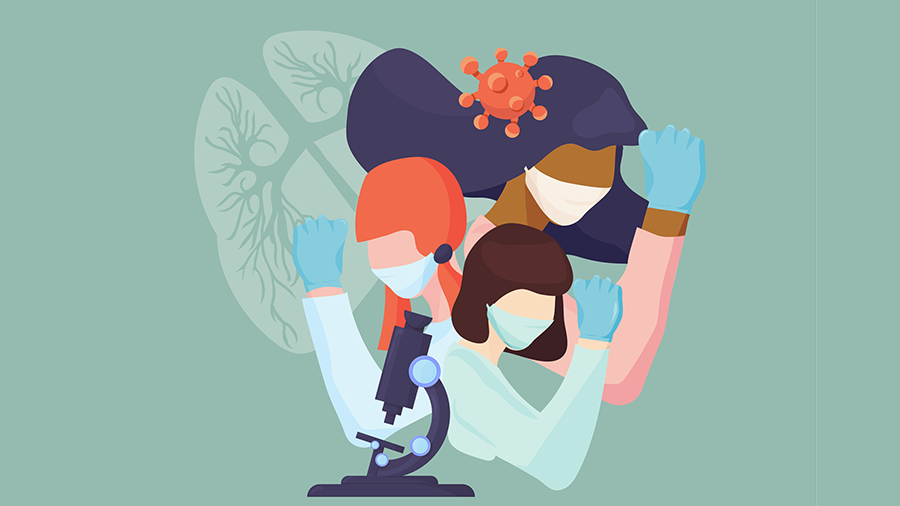
March 3: Live chat about the pandemic's effects on women's careers
Research is mounting on the ways in which the work and careers of women in STEM have been disrupted, stymied and even derailed by the COVID-19 pandemic. While institutions — such as colleges and universities and science-funding agencies — have taken some steps to mitigate these harms and support the full participation, promotion and retention of women in STEM fields, it’s not entirely clear yet whether those initiatives have worked, have been as impactful as originally hoped, or have unexpectedly backfired. This ASBMB chat, led by the society's Women in BMB Committee, will feature a panel of women willing to share how they are navigating the continuing effects of the pandemic on their research, careers and lives. Join the conversation on LinkedIn or follow along by searching for #ASBMBwomen. Learn more.
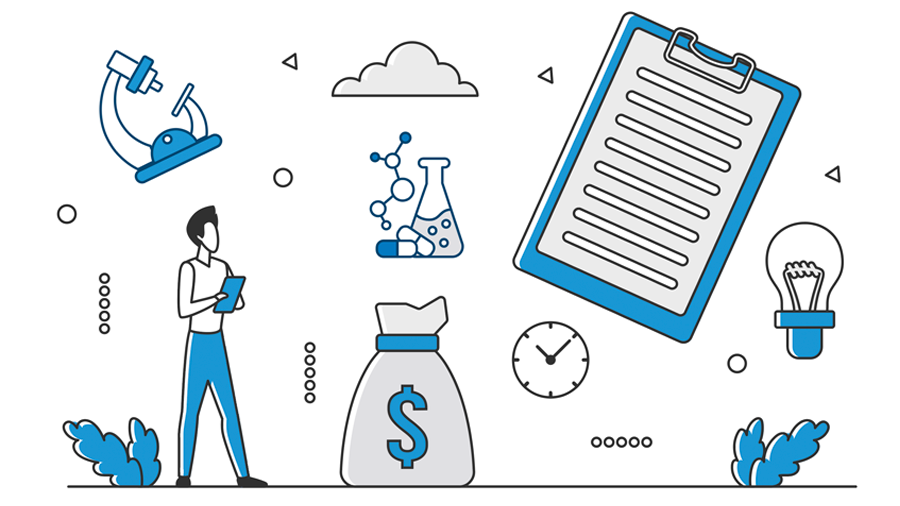
March 8: NIA funding and training opportunities
The National Institute on Aging leads a broad scientific effort to understand the nature of aging and to extend the healthy, active years of life. NIA is the primary federal agency supporting and conducting Alzheimer's disease research. This webinar will cover the scope of research that NIA supports and the many opportunities and resources for investigators, especially those early in their careers, to collaborate and receive funding from the NIA. Learn more.
March 8, 10, 17 & 20: NIH listening sessions about postdoctoral training
The National Institutes of Health will hold a series of listening sessions this month about the state of postdoctoral training. The virtual forums are open to the public and will inform the Advisory Committee to the NIH Director Working Group as it continues to "explore the status of the postdoctoral training system, identify and understand critical factors and issues relating to this perceived decline in the number of postdoctoral fellows in academia, and provide recommendations to address those factors." Register.
March 9 & April 20: Workshops about DOE grad student research program
The Department of Energy's Office of Science is accepting applications through May 3 for its Graduate Student Research Awards program, which is designed to advance students' research by providing them access to host laboratories and expertise. The DOE will hold two workshop for prospective applicants. The first in March will give a general overview of the program. The second in April will go over the application process. You have to register for each. Learn more.
March 21: HHMI investigator applications due
The Howard Hughes Medical Institute is accepting applications for its investigator program through March 21. Each investigator receives about $8 million over seven years, and the award is renewable. Applicants must hold a Ph.D. or M.D., have a tenure-track or tenured position, have no more than 15 years of experience and be "the principal investigator on one or more active, national peer-reviewed research grants with an initial duration of at least three years as of April 1, 2023." Learn more.
March 24: Registration ends for HBCU & MSI Science Policy College Tour
The HBCU & MSI Science Policy College Tour will be held March 28–30, and you can register for it up to March 24. This virtual event introduces STEM students and early-career scientists to the field of science policy "and public discourse revolving around issues where science can be utilized to positively impact underserved populations and reduce racial disparities." Learn more.
March 31: Lasker essay contest deadline
The Lasker Foundation is accepting submissions for its annual essay contest through March 31. The prompt this year is this: "Ethical issues are not always easy to identify. Describe an unanticipated ethical issue you have encountered, or you have seen colleagues encounter, during your training and the strategies used to address it." Winners get up to $5,000. Learn more.
April 7: Deadline to apply for biotech/medtech mentoring program
The International Center for Professional Development is accepting applications through April 7 for its one-year Scientist Mentoring & Diversity Program, which pairs ethnically diverse and underrepresented trainees and scientists with mentors who work in medical technology, biotechnology and consumer healthcare. The scholars and mentors attend a five-day training conference (biotech in Boston in June and medtech in Anaheim, California, in October) and a major industry conference. The program is open to undergraduate and graduate students and postdoctoral scholars. Learn more.
April 21 & 22 or May 11 & 12: National Postdoc Association annual conference
The National Postdoc Association will meet in person this year in April in Philadelphia and hold a virtual conference in May. If you register for the in-person conference and also want to attend later virtually, you will register just once for the Philly event. The virtual conference will have recorded keynote speeches and online sessions and networking. Learn more.
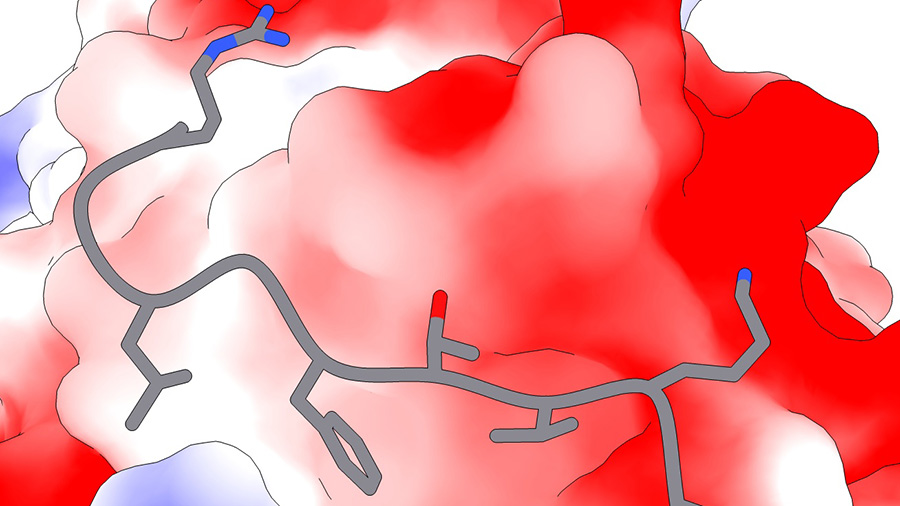
May 10: Abstracts due for our motifs, modules and networks conference
Mark your calendar for an ASBMB conference on the assembly and organization of regulatory signaling systems to be held July 11–14 in Potomac, Md. The organizers are Wolfgang Peti of the University of Connecticut Health Center, Benjamin Turk of the Yale School of Medicine and Arminja Kettenbach of Dartmouth Geisel School of Medicine. The four-day program and speaker list is available. Abstracts are due May 10. Learn more.
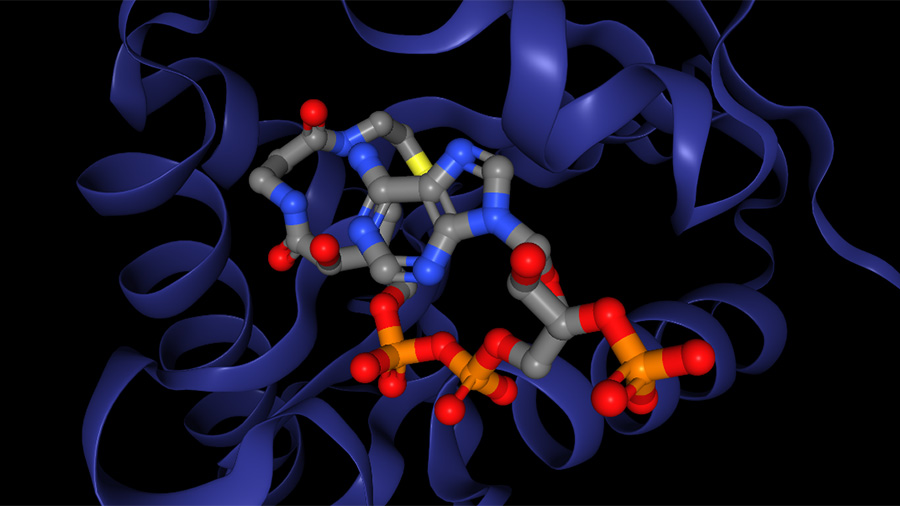
June 20: Abstracts due for our CoA and CoA-derivatives conference
Mark your calendar for an ASBMB conference on CoA and CoA-derivatives to be held Aug. 16–18 at the University of Wisconsin–Madison. The organizers are Luigi Puglielli at UW–Madison, Suzanne Jackowski at St. Jude Children’s Research Hospital and James Ntambi at UW–Madison. The speaker list is available. Abstracts are due June 20. Learn more.
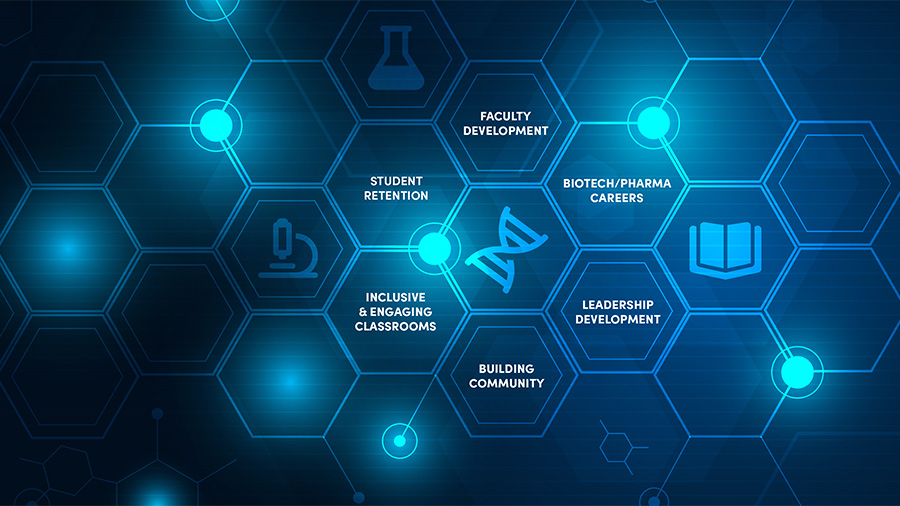
July 27–30: ASBMB meeting on undergrad education
Join us for a in-person, interactive education-focused ASBMB meeting to learn about engaging approaches to supporting students and faculty in biochemistry and molecular biology. Reconnect with peers, meet new colleagues and increase your network of education-minded professionals while exploring Boston. Learn more.
IUBMB MilliporeSigma fellowship
The International Union of Biochemistry and Molecular Biology welcomes applications year-round for its MilliporeSigma Virtual Meetings and Courses Fellowships. Graduate students and postdoctoral fellows from countries that are associate or full members of the IUBMB may apply for funding to present their work at virtual events in the IUBMB region. Learn how to apply.
FASEB family care awards
The Federation of American Societies for Experimental Biology has launched the Career Advancement and Research Excellence Support (CARES) Program, which provides financial support for caregiving, enabling FASEB society members to continue their scientific training, professional development and career progression. Read the eligibility criteria and apply.
IUBMB relocation support for displaced trainees
The International Union of Biochemistry and Molecular Biology is offering $2,000 to graduate students and postdocs displaced from their labs as a result of natural disaster, war or "other events beyond their control that interrupt their training." The money is for travel and settling in. Learn more and spread the word to those who could use assistance.
On-demand webinar on getting, gaining influence
The American Association for Anatomy has a free on-demand webinar titled "The power of suggestion: How to get and gain influence." It features Adele Cehrs, CEO of the When and How Agency, who explains "when the power of suggestion is most likely to work for individuals and how to use it to your advantage through traditional media and social media channels." As we understand it, AAA membership is not required (but you will have to create an account) to view the webinar. Here's a list of all of AAA's open-access webinars.
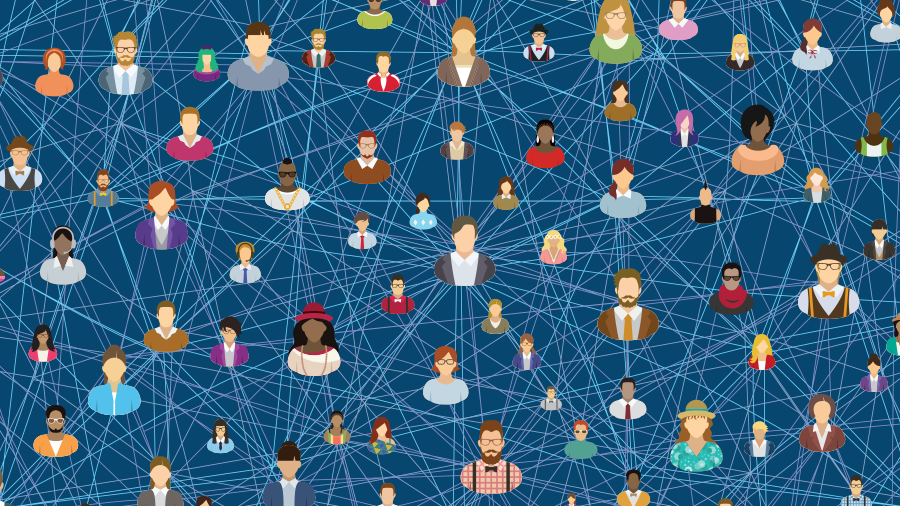
Call for virtual scientific event proposals
The ASBMB provides members with a virtual platform to share scientific research and accomplishments and to discuss emerging topics and technologies with the BMB community.
The ASBMB will manage the technical aspects, market the event to tens of thousands of contacts and present the digital event live to a remote audience. Additional tools such as polling, Q&A, breakout rooms and post event Twitter chats may be used to facilitate maximum engagement.
Seminars are typically one to two hours long. A workshop or conference might be longer and even span several days.
Prospective organizers may submit proposals at any time. Decisions are usually made within four to six weeks.
Enjoy reading ASBMB Today?
Become a member to receive the print edition four times a year and the digital edition monthly.
Learn moreFeatured jobs
from the ASBMB career center
Get the latest from ASBMB Today
Enter your email address, and we’ll send you a weekly email with recent articles, interviews and more.
Latest in Careers
Careers highlights or most popular articles

From humble beginnings to unlocking lysosomal secrets
Monther Abu–Remaileh will receive the ASBMB’s 2026 Walter A. Shaw Young Investigator Award in Lipid Research at the ASBMB Annual Meeting, March 7-10 in Washington, D.C.

Chemistry meets biology to thwart parasites
Margaret Phillips will receive the Alice and C. C. Wang Award in Molecular Parasitology at the ASBMB Annual Meeting, March 7-10 in Washington, D.C.

Decoding how bacteria flip host’s molecular switches
Kim Orth will receive the Earl and Thressa Stadtman Distinguished Scientists Award at the ASBMB Annual Meeting, March 7–10, just outside of Washington, D.C.

Defining JNKs: Targets for drug discovery
Roger Davis will receive the Bert and Natalie Vallee Award in Biomedical Science at the ASBMB Annual Meeting, March 7–10, just outside of Washington, D.C.

Upcoming opportunities
No matter where you are in your career and what future path you aspire to, everyone needs leadership skills. Join ASBMB for practical strategies for building and practicing leadership skills.

Close out ASBMB 2026 with a bang
The closing reception of the 2026 ASBMB Annual Meeting will be held at the Torpedo Factory Art Center in Alexandra, Virginia.
